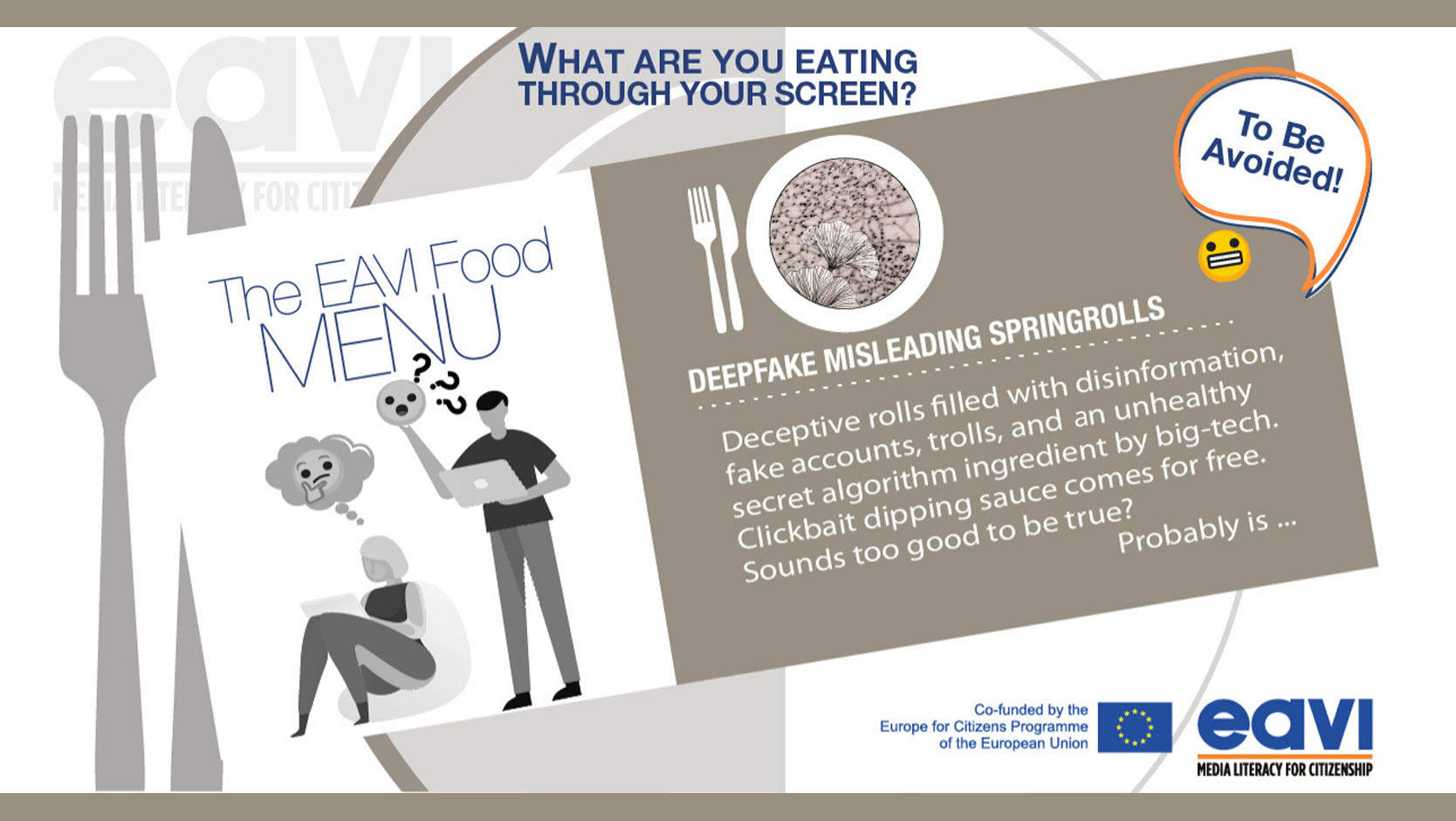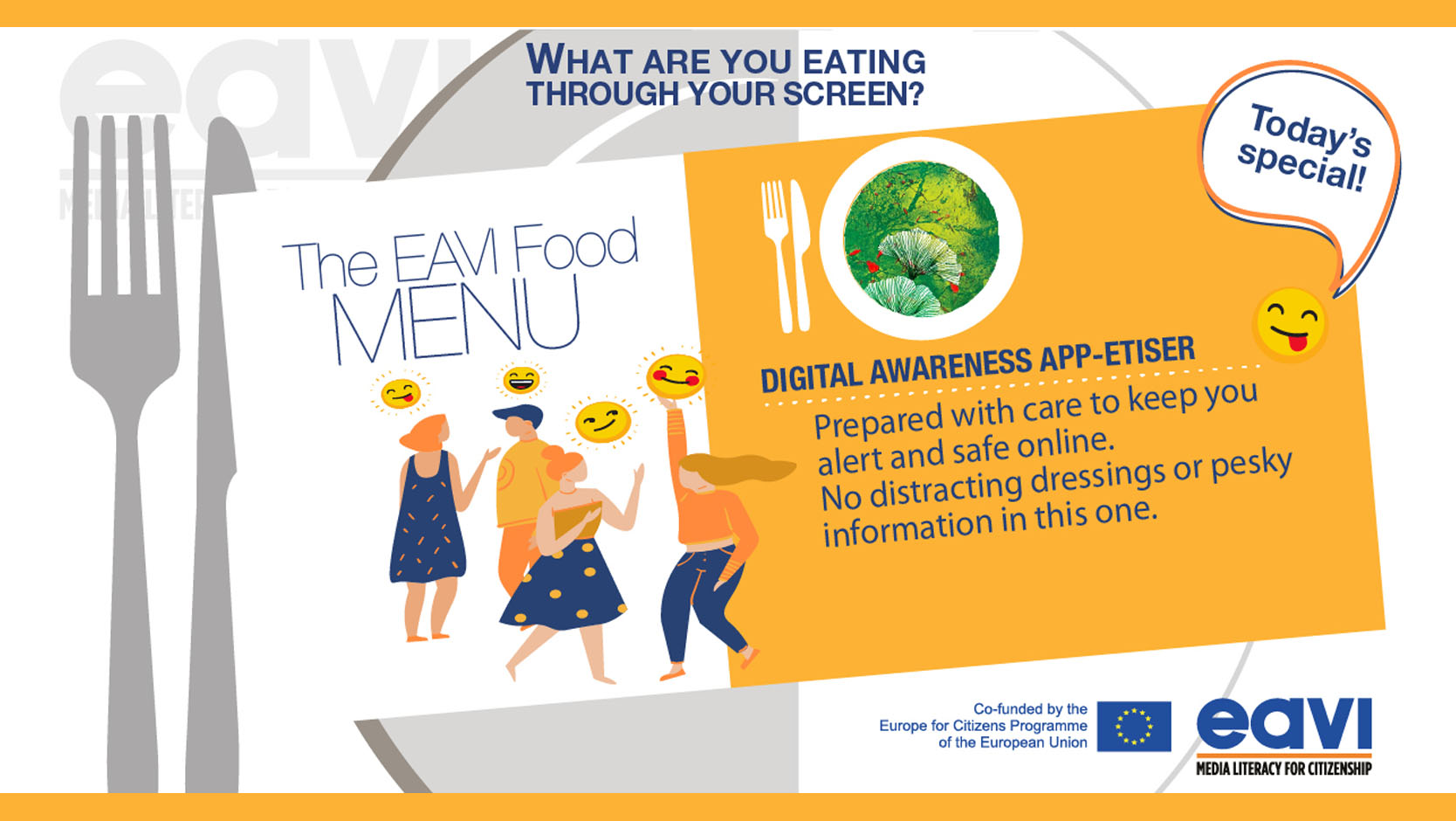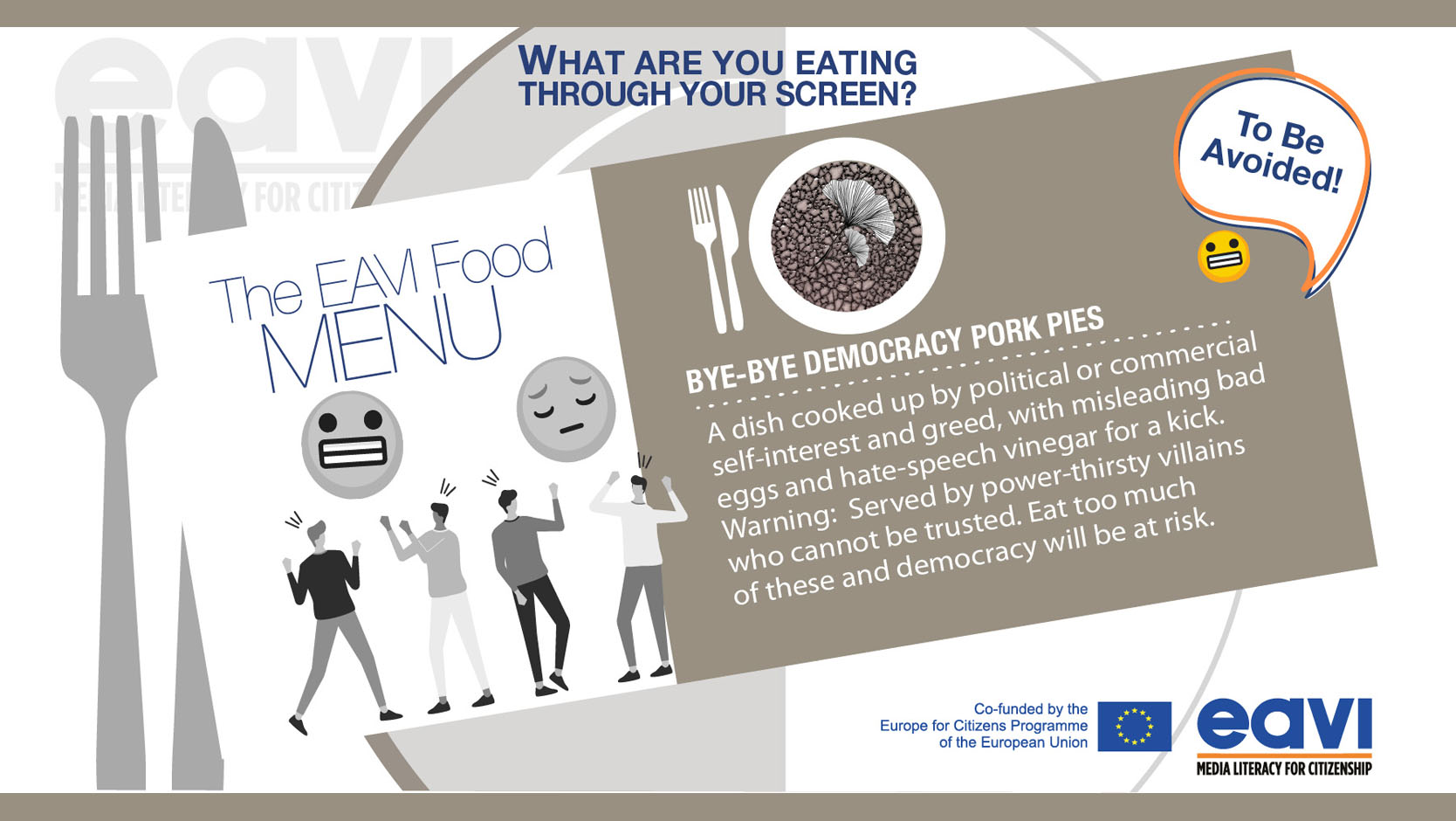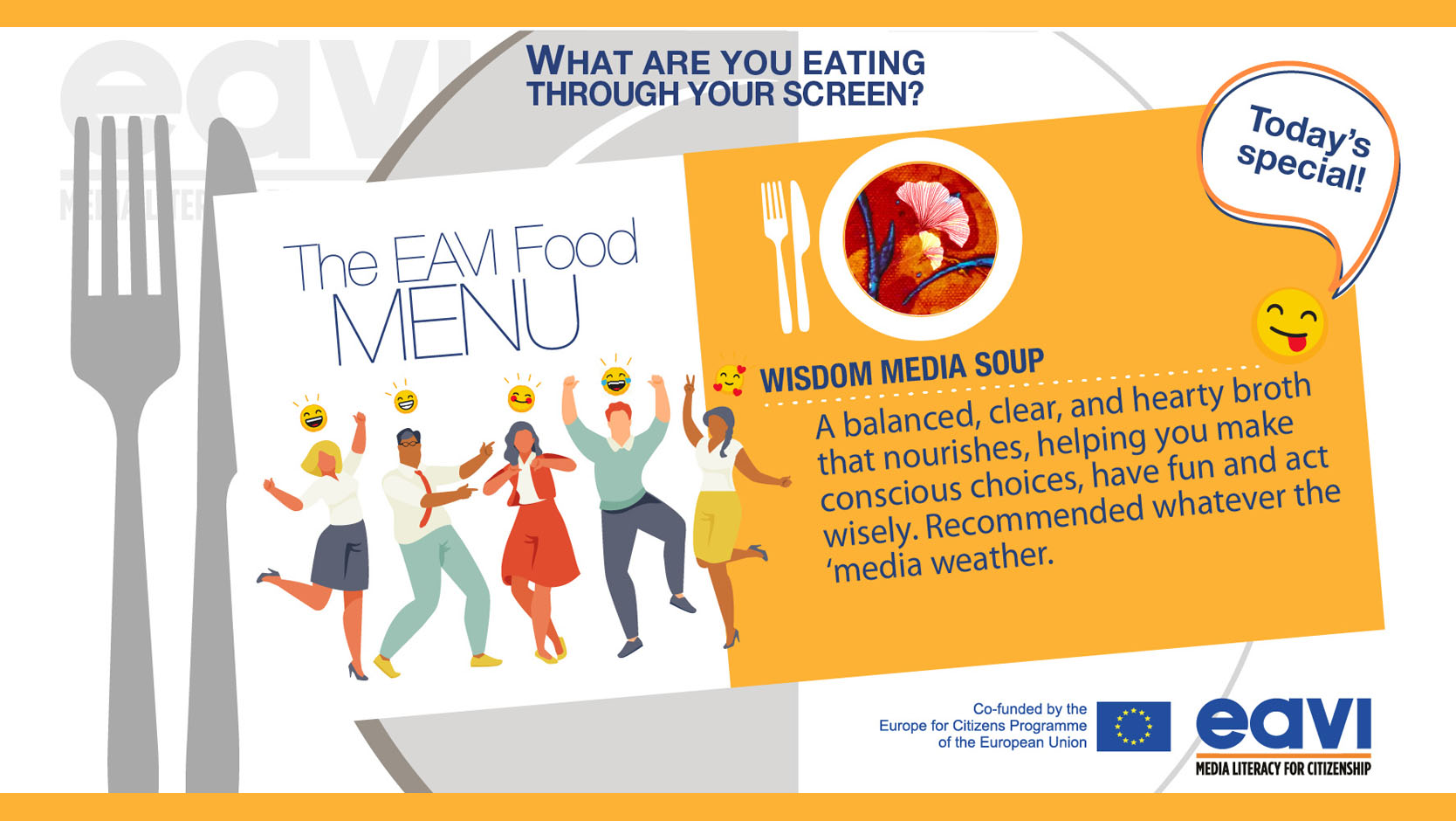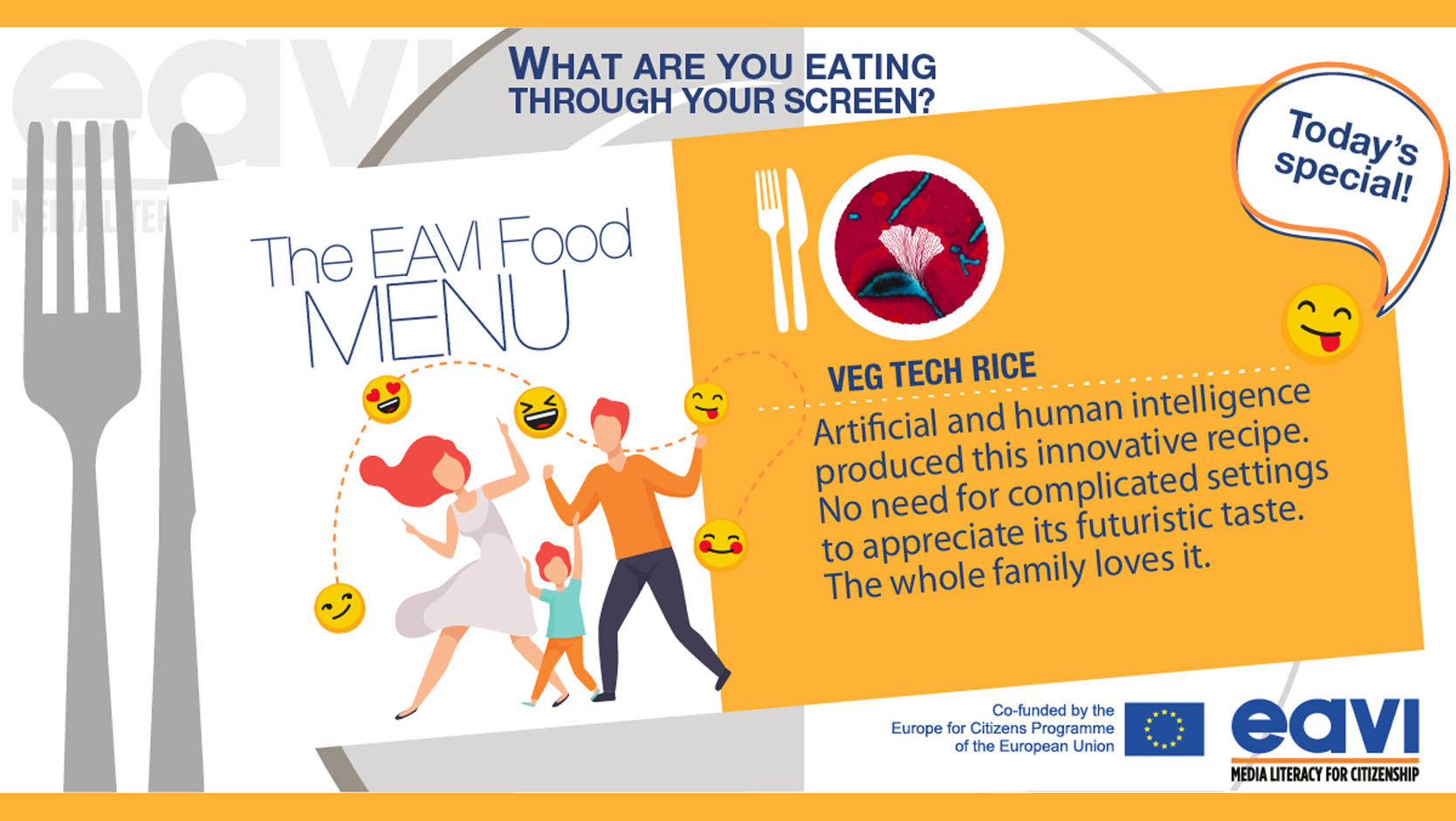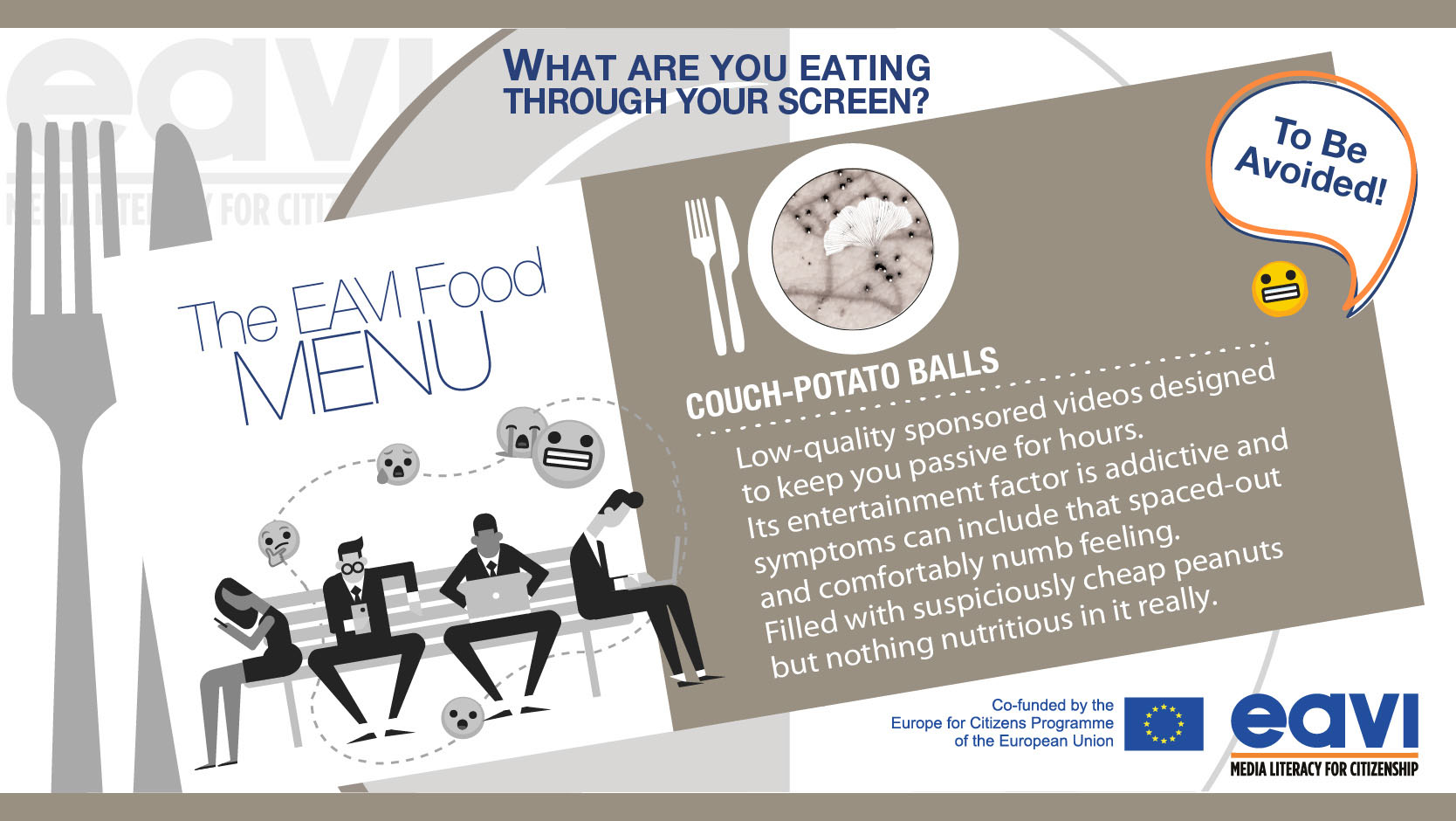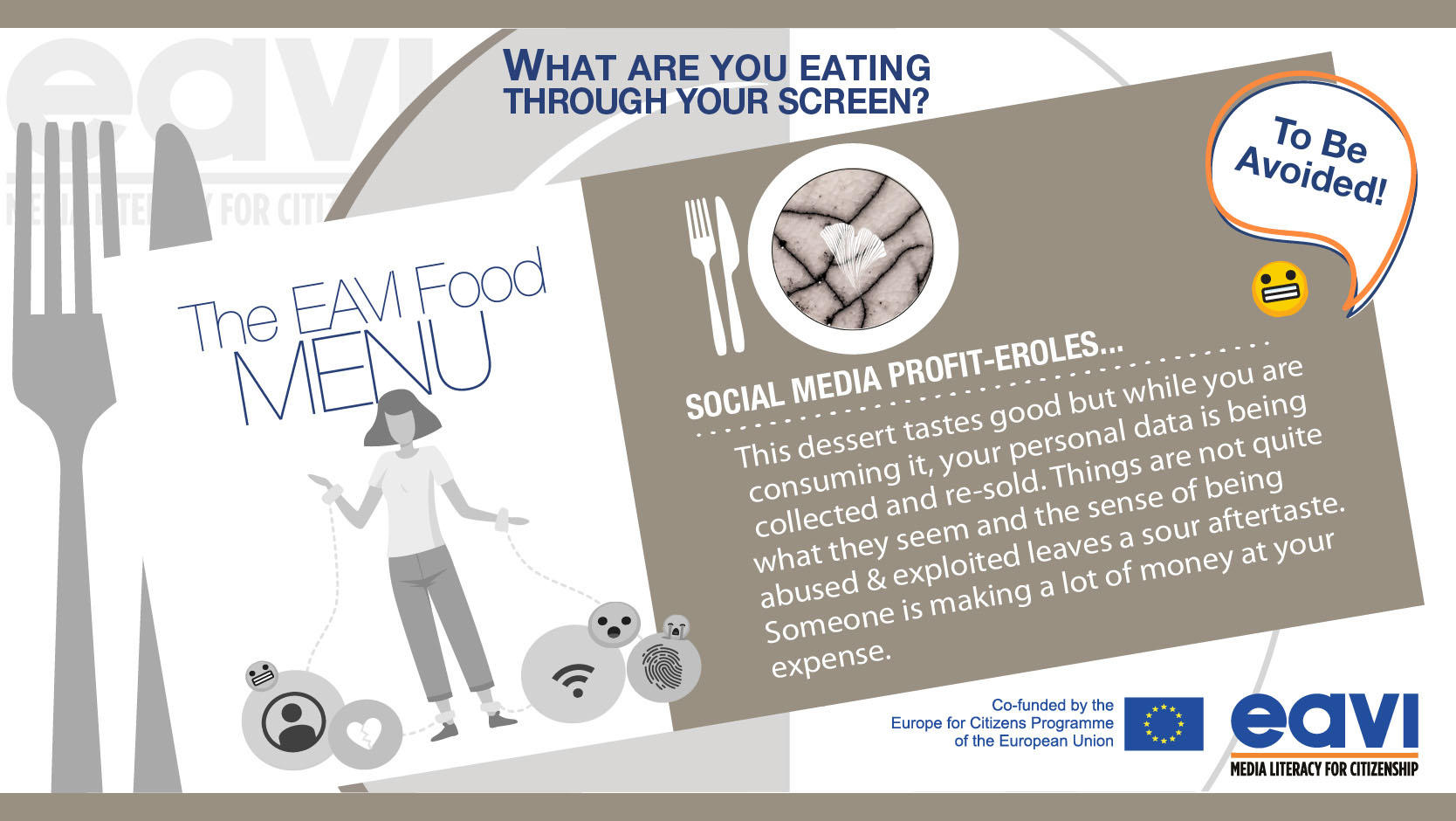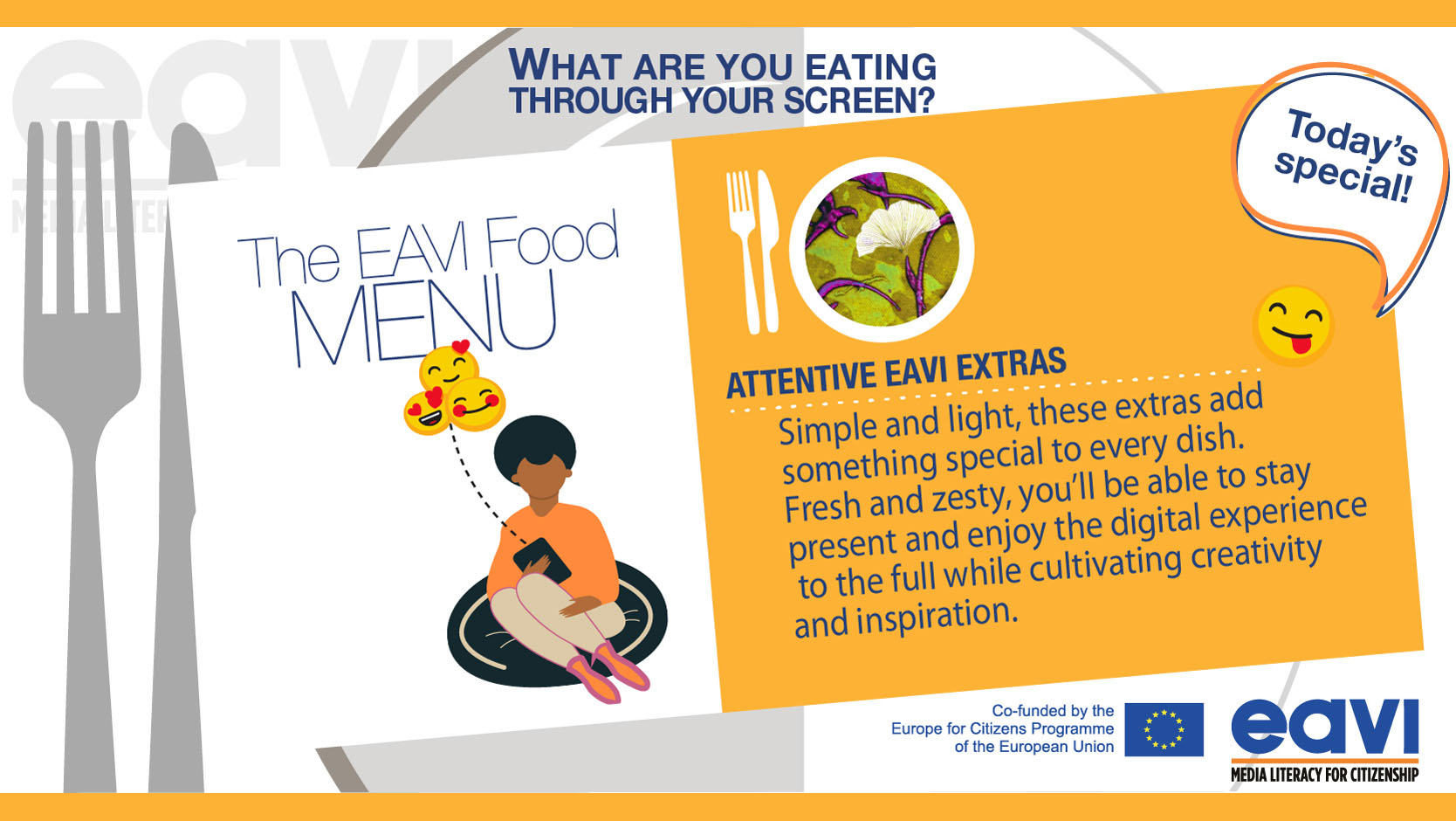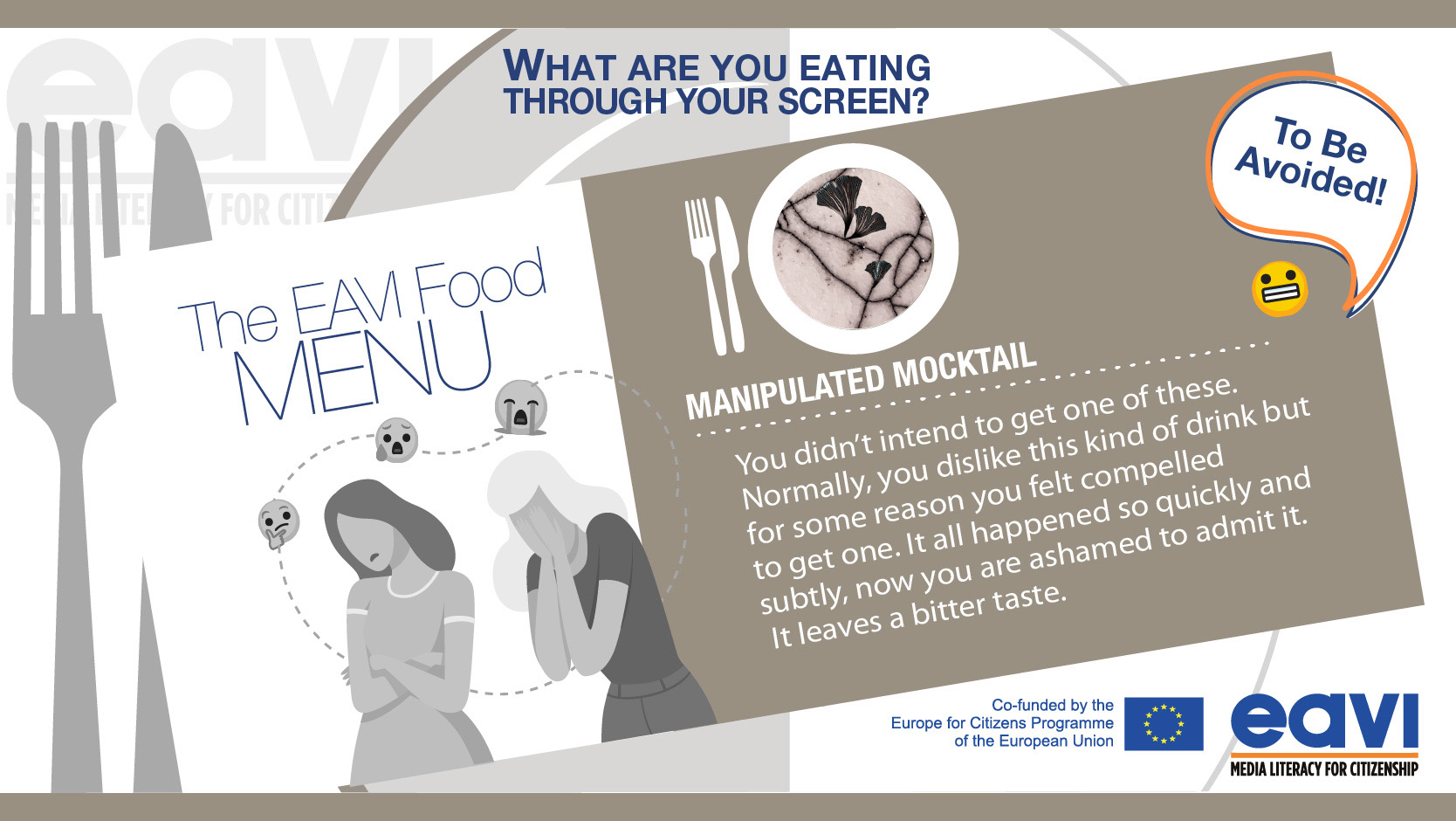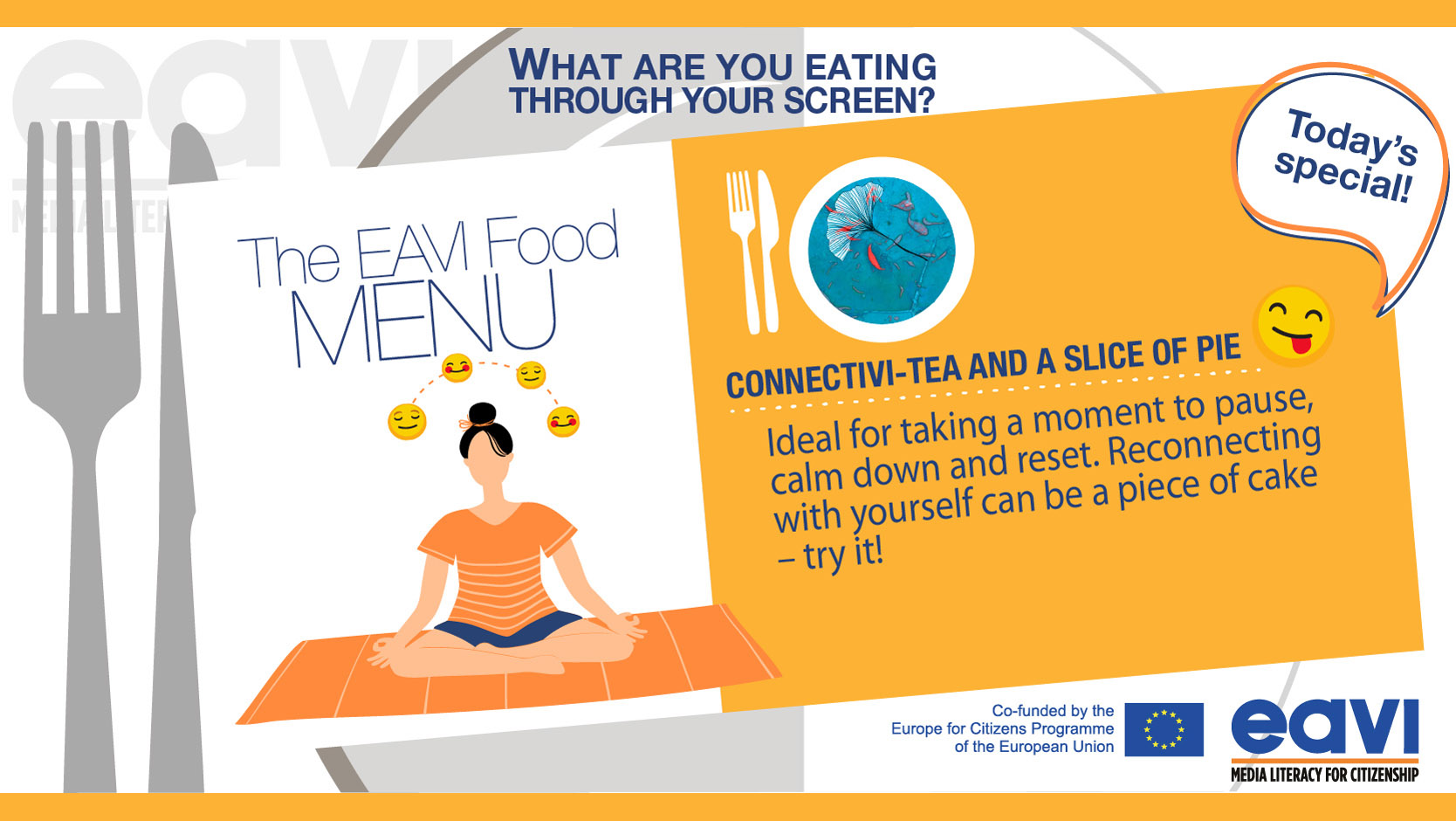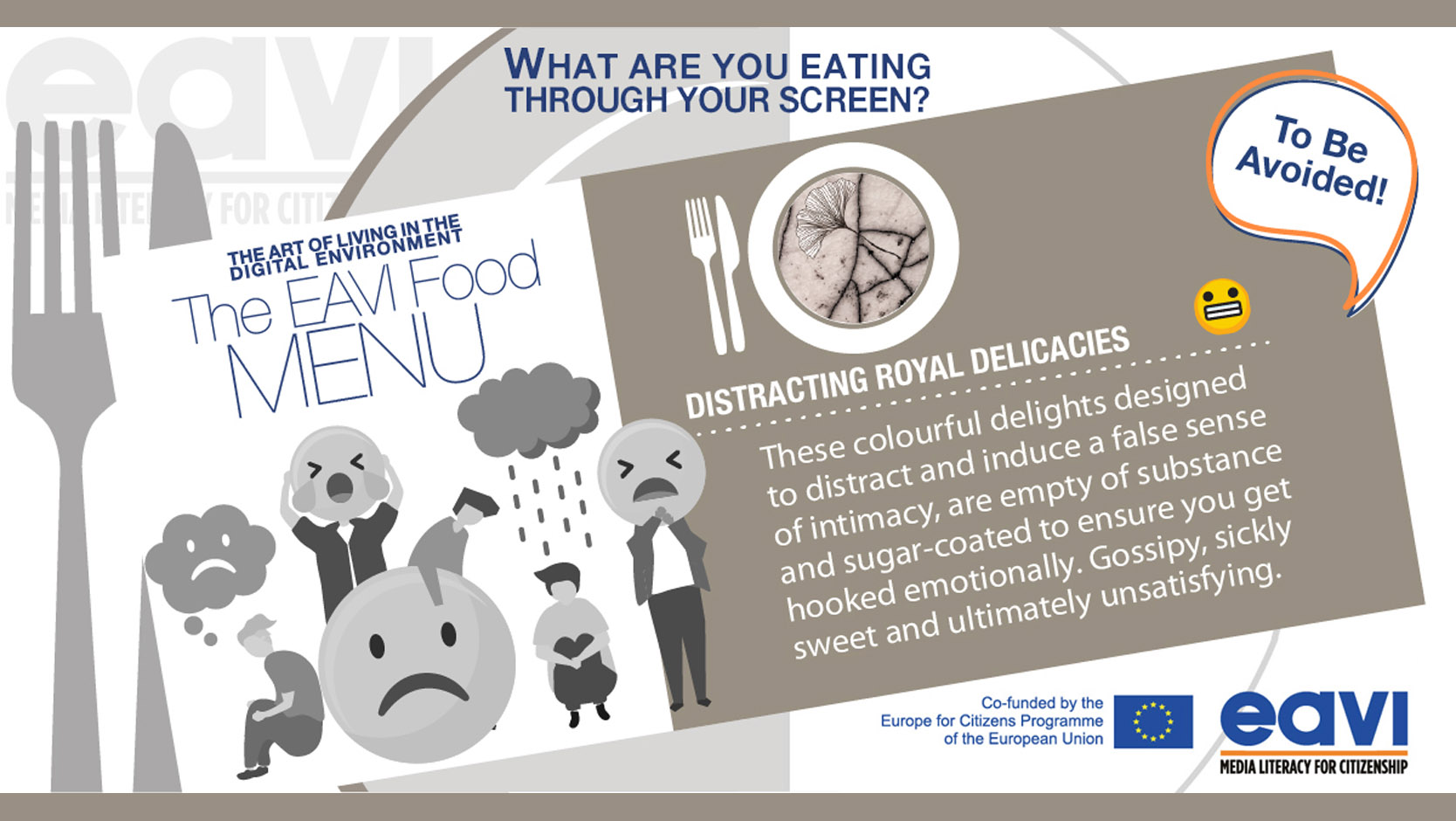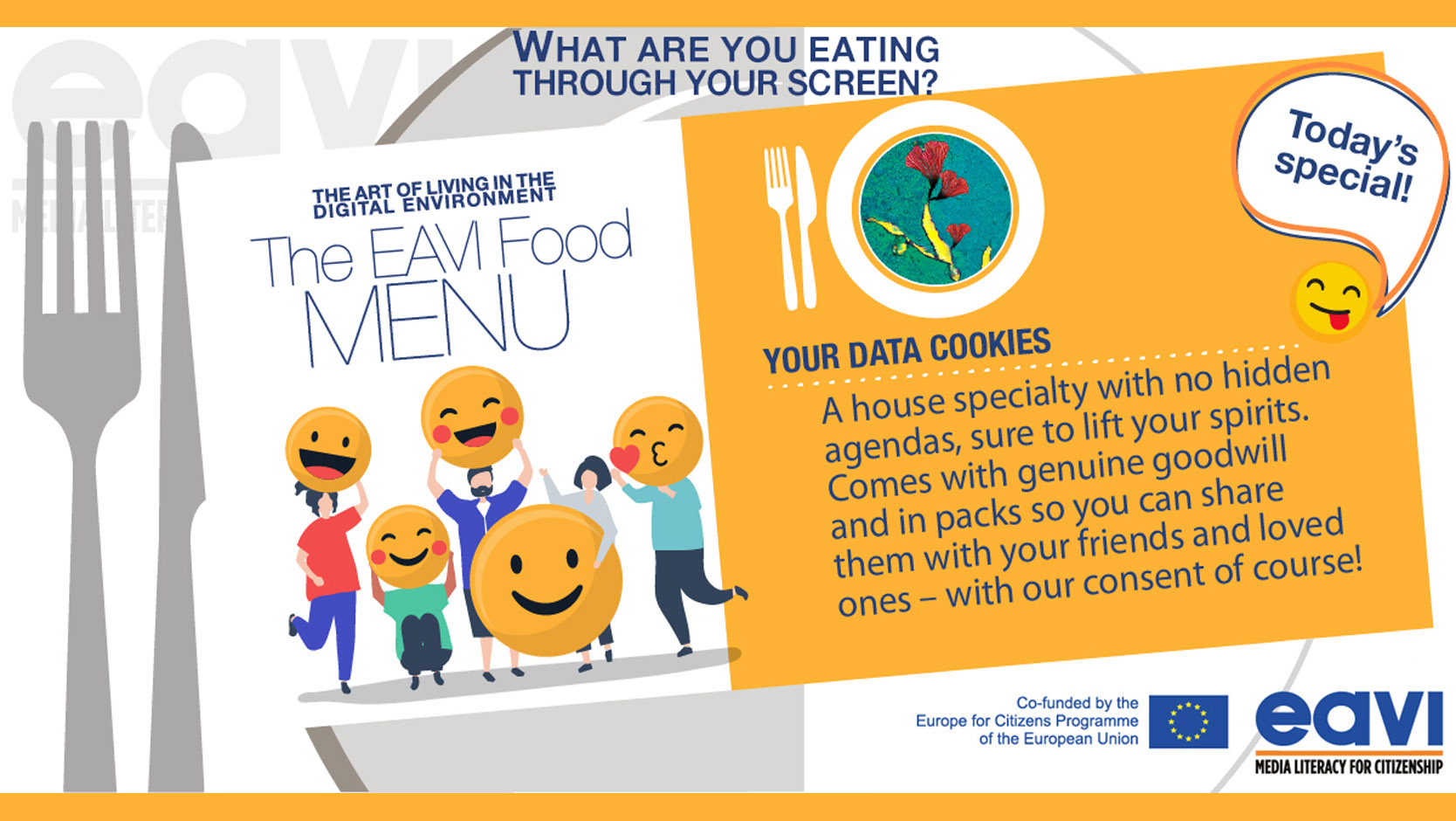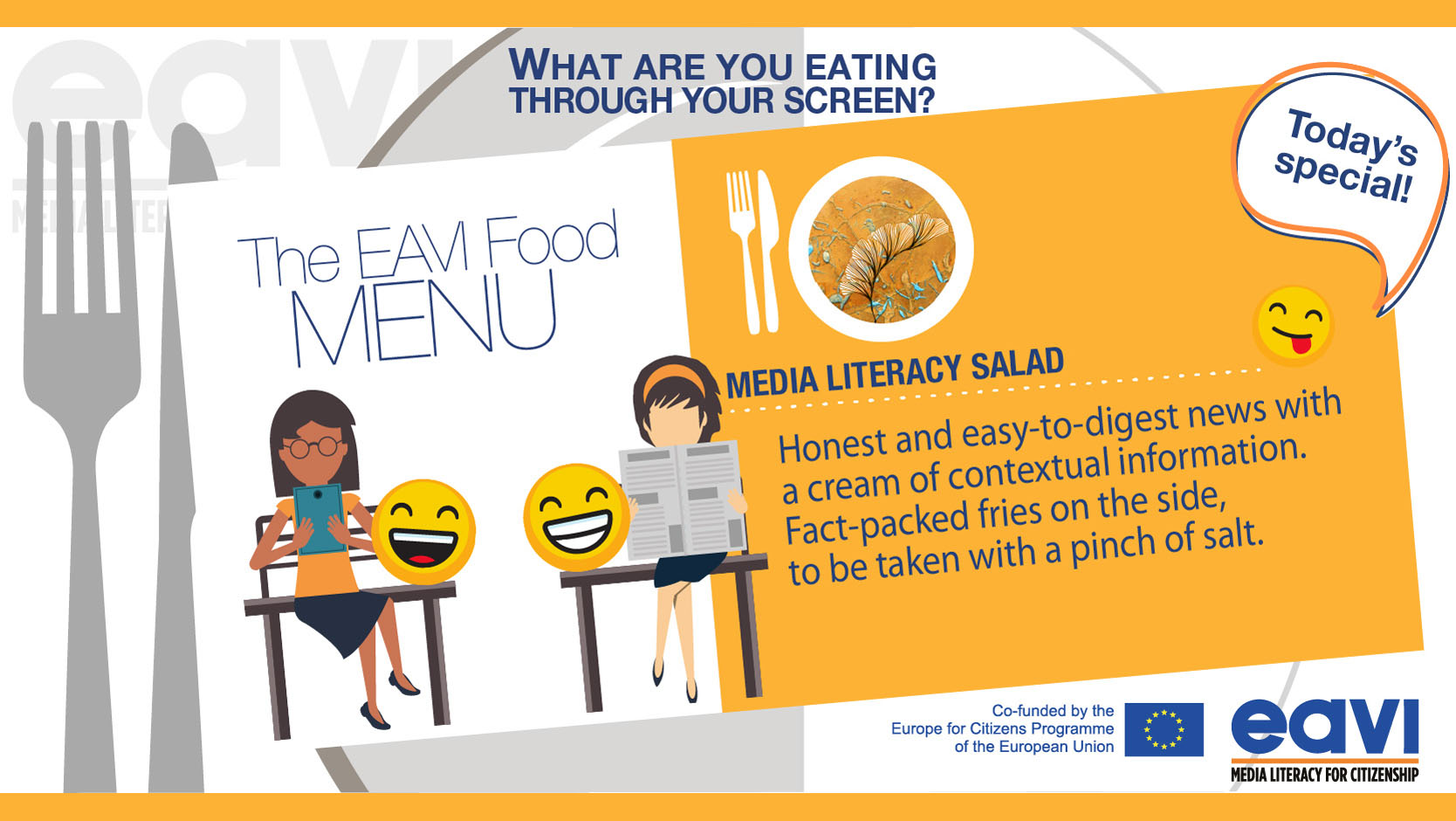
Honest and easy-to-digest news with a cream of contextual information. Fact-packed fries on the side, to be taken with a pinch of salt.
We live in an era where most people have access online. Specifically, we learn more, produce our own content, and express our ideas and beliefs through the online world. Furthermore, we get informed and learn more about current events and affairs, mainly online, and we come across news that we can trust and news that aims to mislead us. Misinformation and disinformation are everyday phenomena and affect our personal lives and the broader societies we inhabit. Through fake news, specific ideas are considered facts, and democracies are at high risk. A recent Eurobarometer survey in the EU showed that over half of the population support that they notice fake news online at least once a week. Fake news shapes personal beliefs and opinions and tends to mislead people for the advantage of others in power or commercial purposes.
However, through media literacy skills, we can identify the sources we should trust and those we should not. Critical thinking skills can help us navigate this “complex” digital world, make informed decisions and pay attention to the harmful influences and keep only the “easy-to-digest” news. Moreover, it is significant to develop our fact-checking skills so that we can identify news that reflects reality.
Learn More
If you want to dig deeper, find out more about how to spot fake news here or here, or try our game beyond the headlines to train your online news verification skills!
You can also have a look at some examples for fake news to get a better “feel” for misleading information and make sure you spot it when you see it.
Finally, here are some videos to take you deeper into the topic of fact checking:

